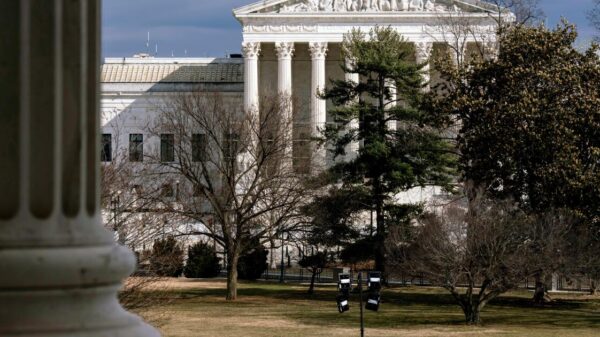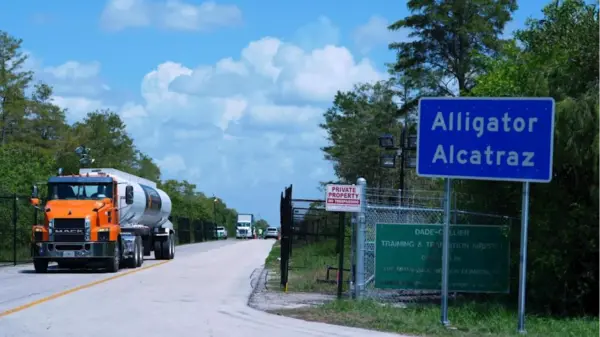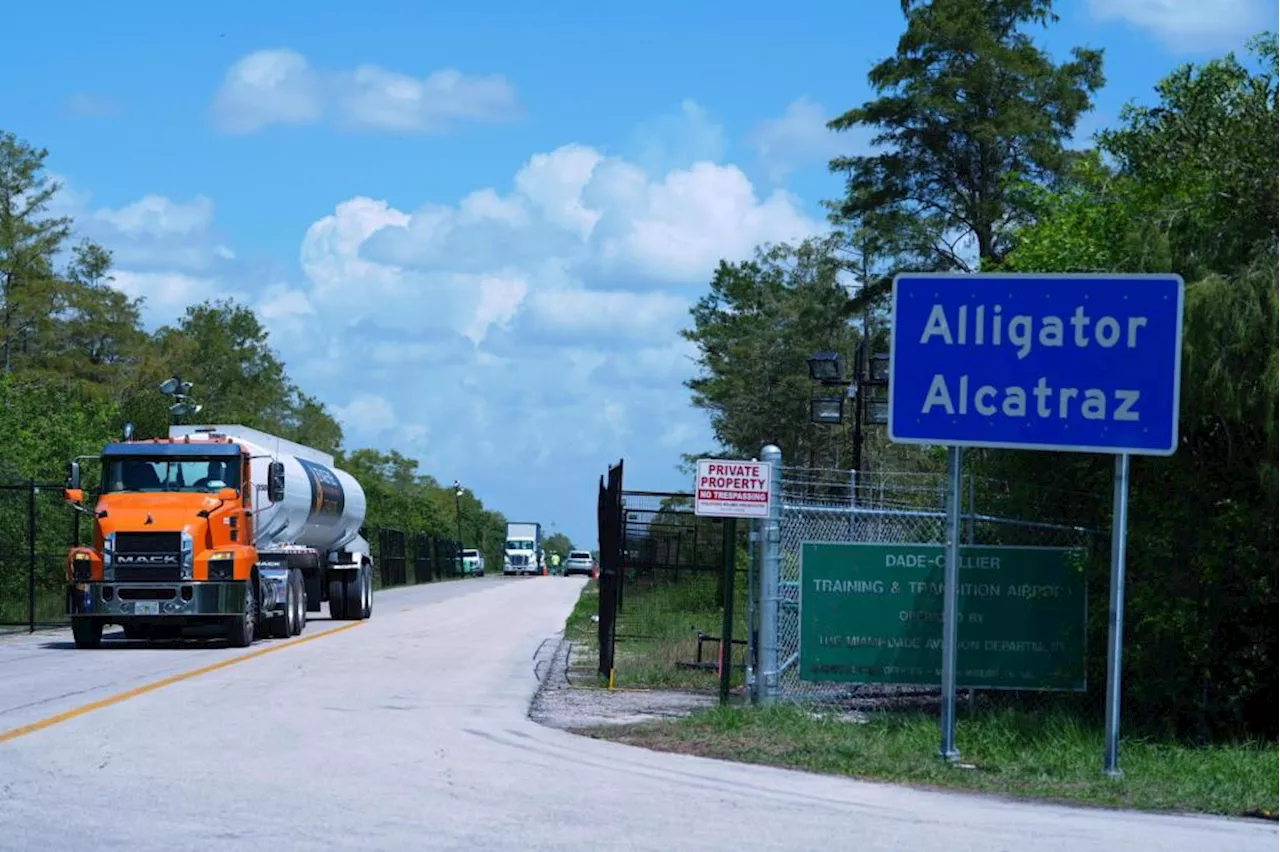A recent decision by the U.S. Eleventh Circuit Court of Appeals has temporarily halted a lawsuit challenging the operations of an immigration detention center located in the Florida Everglades. The court’s ruling comes in response to a request from U.S. government attorneys, who cited funding issues stemming from a government shutdown.
The legal challenge involves environmental groups and the Miccosukee Tribe, which have raised concerns about the facility’s impact on the surrounding ecosystem. They argue that federal and state agencies failed to conduct the necessary environmental reviews required by law. The detention center, often referred to as “Alligator Alcatraz,” has faced increasing scrutiny since its construction.
August 28, 2025 marked a significant moment in this ongoing legal battle, as operations at the facility were temporarily interrupted by a federal lawsuit. Earlier this month, government attorneys sought the appellate court’s assistance to stay proceedings in the case due to expired funding for the Justice Department and the Department of Homeland Security, the latter of which is a defendant in the lawsuit. The court granted this request on Wednesday.
While the detention center is managed by the state of Florida in collaboration with private contractors, federal officials have indicated their willingness to reimburse the state for the facility’s operational costs. Attorneys representing the environmental groups argue that the Trump administration has been involved in litigating numerous cases during the shutdown, raising questions about resource allocation.
Paul Schwiep, one of the attorneys involved in the case, criticized the government’s priorities. He stated, “Apparently, the government has sufficient money and manpower to operate a detention center in the heart of the Everglades to detain foreign-born workers, but not enough to file a brief in court to justify its conduct, which the trial court held unlawful.”
The lawsuit, filed by Friends of the Everglades and the Center for Biological Diversity along with the Miccosukee Tribe, alleges that federal and state agencies did not adhere to federal law that mandates an environmental review for the detention center. The case reflects a broader concern about the implications of such facilities on the fragile ecosystem of the Everglades.
As the legal proceedings unfold, two additional lawsuits challenging the operations of the detention center are progressing through federal court in Florida. The outcomes of these cases could have significant implications for both immigration policy and environmental protections in the region.






































































